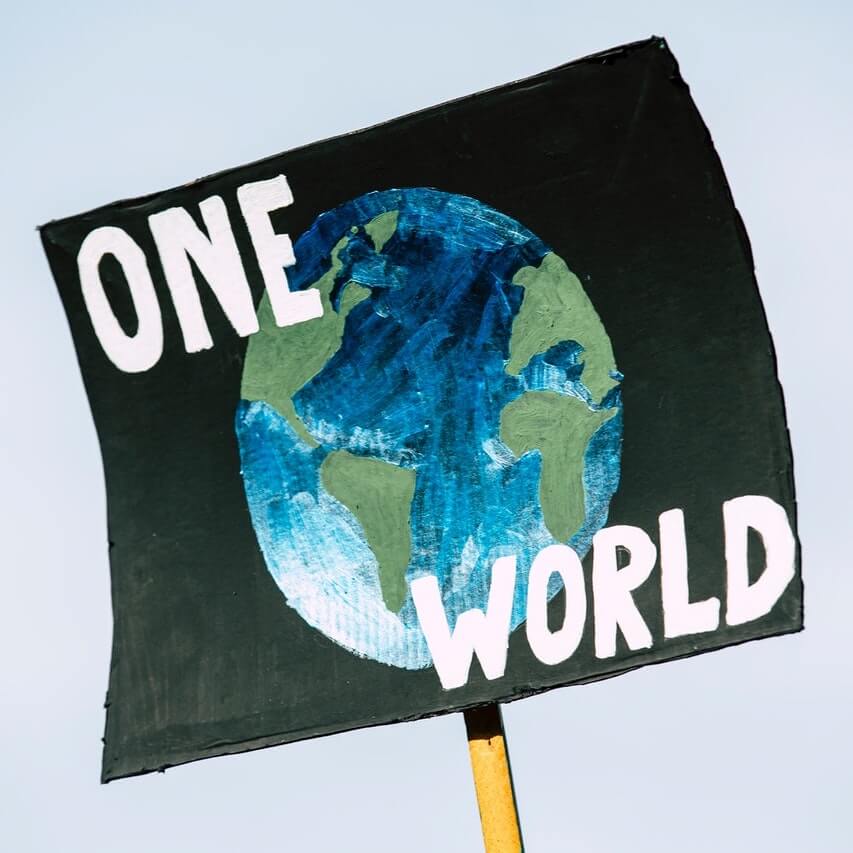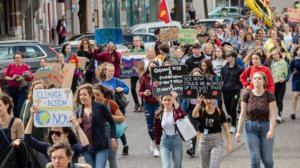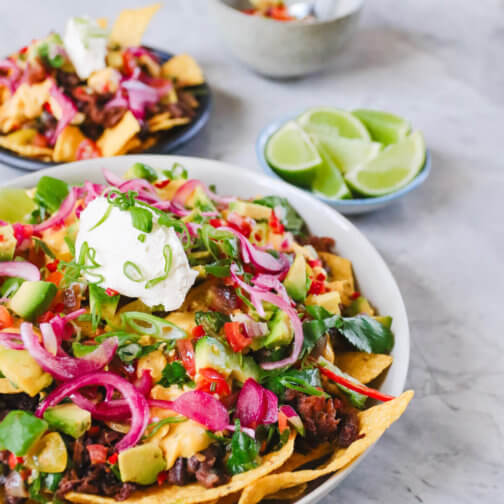
Is there still room for hope after COP26? The answer depends on us!
With all the conflicting commentary, we’d be forgiven for being unsure whether the COP26 climate talks were a triumphant success or a colossal failure. There were some announcements from the official conference that sound promising – including the world’s first collective steps to end coal power and reduce fossil fuel subsidies, and pledges to stop deforestation and limit methane. But will they be followed through and, if so, do they go far enough?
Climate omissions
The reality is, the emission cuts we need can’t be achieved without leaving fossil fuels in the ground and scaling back animal agriculture, and yet neither of these are in prospect.
A sobering assessment by Climate Action Tracker shows that the pledges from the conference leave the world on track for 2.4ºc of warming above pre-industrial levels – a far cry from the 1.5º target. This rises to 2.7º if we look at countries’ actual policies, rather than proposals that may not be implemented: a deeply worrying prospect considering the impacts we’re already seeing at today’s 1.1º temperature rise.
Meanwhile in Australia, the Morrison government’s net zero ‘plan’ has been described as nothing short of a climate con, with the Climate Council’s Head of Research, Dr Simon Bradshaw calling us out in no uncertain terms: “Australia is coming dead last in the most important race humanity has ever faced. Without a plan to cut emissions this decade or phase out coal and gas – net zero means absolutely nothing.”
Speaking about the issue of livestock, Peter Stevenson from Compassion in World Farming said, “Livestock produce 14.5% of global GHG emissions, yet the contribution of livestock to climate change has largely been ignored during COP 26.
“We are deeply concerned that the COP26 agreement side-steps all the essential food system issues such as reducing the size of the livestock sector, decreasing global meat consumption and shifting to more nature-positive and welfare-friendly farming systems. Without taking such steps it will be impossible to meet the 1.5°C target and difficult even to reach the 2°C target.”
So, where does hope lie?
There were fantastic efforts by civil society throughout the COP26 fortnight, with campaigners from the Plant Based Treaty initiative making it impossible to miss their 5-metre inflatable cow all around Glasgow during the conference. They also secured new high-profile endorsements from Paul, Stella and Mary McCartney, Joaquin Phoenix, Ela Gandhi, and prominent climate scientists, including several Nobel laureates.
ProVeg International held a press conference featuring leading plant-based voices, and put up billboards around Glasgow to spread their #DietChangeNotClimateChange message, while think tank Brighter Green hosted a panel addressing the need for food system change.
The Fossil Fuel Treaty initiative (on which the Plant Based Treaty is modelled) gained attention too, calling out the impossibility of meeting climate targets without urgently winding down fossil fuel extraction.
People also showed up in record numbers at the global day of action in cities around the world, making sure the pressure stayed on the negotiators, gaining media coverage, and drawing attention to the real solutions needed – not in 2050 or even in 2030, but now.

Being changemakers
With governments and major corporations failing to act responsibly, continued and increased people power is where our hope lies. Individually and collectively, we can be changemakers. The solutions are within reach, and we can demand them. It comes down to how we vote, not just in elections (though this is crucial), but also with our dollar and through our daily choices.
In a recent interview on the Plant Proof podcast with Simon Hill, environmental scientist Nicholas Carter highlights the power of personal dietary shift as an empowering example of how we can make a difference. He cites a 2018 study from Oxford University showing that we can reduce our personal climate footprint by 20-40 percent alone by going plant-based.
As he says, “It’s substantial, and making this decision for yourself of course can be great for your health. But also it can help you be that lighthouse for making choices that are ecologically-friendly, that can lead to systemic changes too … How systems change is from a lot of people changing and wanting change.”
***
Greta Thunberg never had high hopes for the COP. Her message to us is clear: instead of looking for hope, we must start creating it.
View this post on Instagram





















